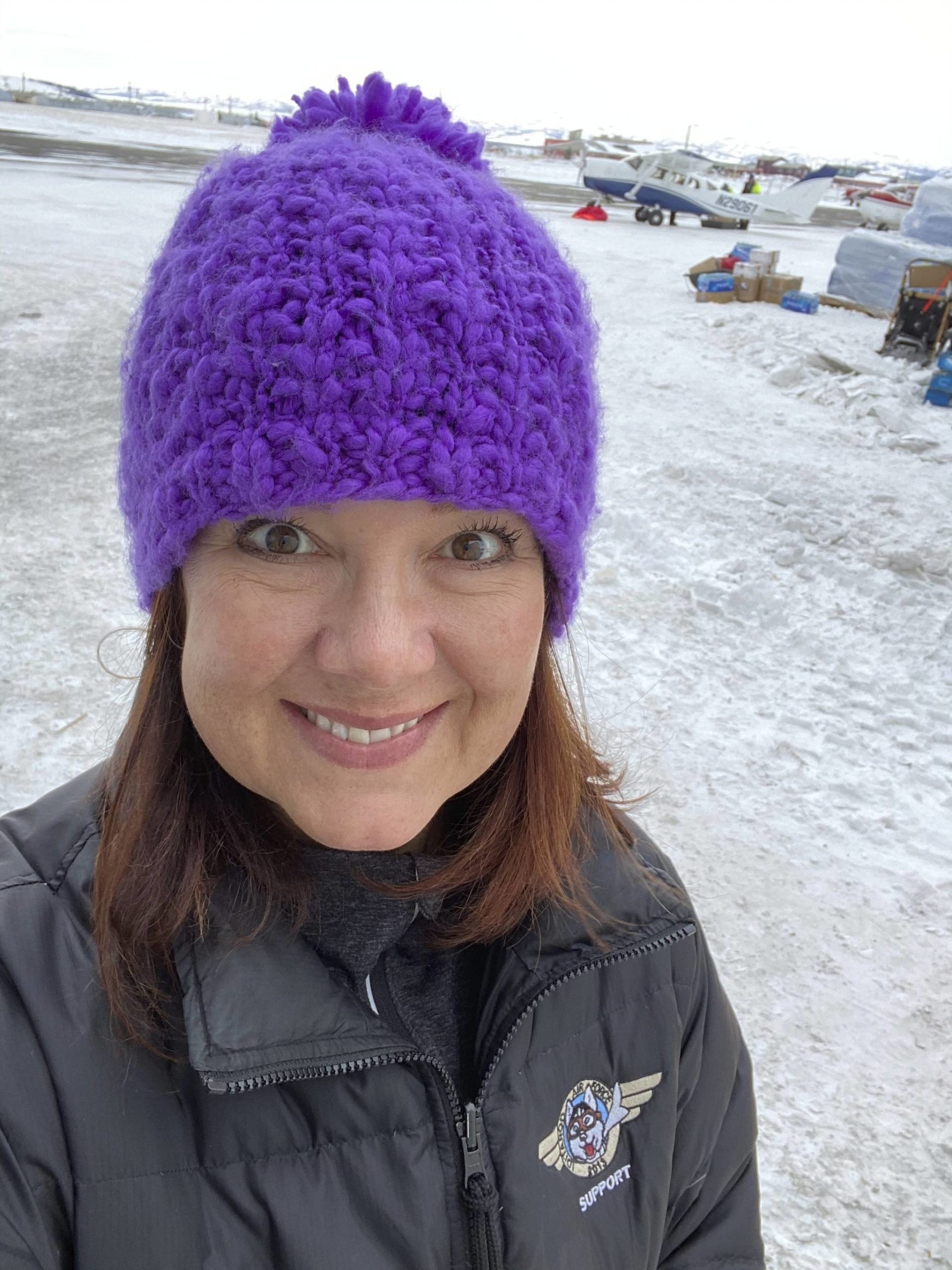By MARK THIESSEN
Associated Press
ANCHORAGE — The world’s most famous sled dog race will go forward in 2021, and amid the ongoing pandemic, officials now are preparing for every possible contingency for what the race and the world might look like in March when the Iditarod starts.
It’s not the mushers who worry Iditarod CEO Rob Urbach; they’re used to social distancing along the 1,000-mile trail.
The headaches start with what to do with the 1,800 volunteers and staff needed to stage the race, some scattered in 21 villages that serve as checkpoints along the trail between Anchorage and Nome, and how to protect them and the village residents from the coronavirus. The goal is zero community transmission.
“We’re really trying to plan for the worst and hope for the best,” Urbach said. “The mushers getting from checkpoint to checkpoint is the easiest piece.”
The Iditarod got some on-the-fly training last March. When the race started March 8, people were still shaking hands and not wearing masks. By the time the race ended in mid-March, some villages asked that mushers bypass their communities. Most public buildings in Nome, where the race ends, were closed.
The Iditarod was the only major sports event not to cancel last spring. Officials plan to combine what they learned with best practices from other professional leagues, like the NFL, to incorporate into a plan for the 2021 race. They also expect on-the-ground help from an epidemiologist.
Urbach said they are developing criteria for testing protocols and will adhere to whatever standard is determined by Alaska state health officials at the time of the race. That could include wearing masks or requiring volunteers and mushers to be vaccinated if there is a vaccine by then and it’s recommended. The Iditarod is also investigating getting its own rapid test lab that can travel on the trail.
Other changes may include support staff being reduced to the bare minimum and traveling pods of four to maintain a bubble. It may mean volunteers sleeping outside in warmed tents instead of stacking 12 people cheek-to-jowl in a small cabin in a village checkpoint.
The look of the ceremonial start in downtown Anchorage, which normally attracts thousands of fans, might be smaller as people may have to social distance. It may mean few or no spectators at the Nome finish.
It also might mean bypassing villages altogether.
“Our course may be adapted to navigate around any civilization, and that will be a heck of a race,” Urbach said.
Besides being in contact with public health officials in Alaska, the Iditarod also is leaning on Dr. Jodie Guest to help its formulate its plan. She is an infectious disease epidemiologist at Emory University in Atlanta and has been an Iditarod race volunteer for years, often spending time in small villages.
Guest has been working on how to craft the best prevention messages based on culturally competent messaging and how to get testing into communities that have a distrust of the medical system.
“I’ve really tried to do with my team is have us be a group that is that both nimble and can do testing pretty efficiently and quickly, no matter where you put us, but also a group that really can talk to and listen to communities that are not getting a lot of attention,” Guest said.
“So that does translate very well to potential risk for villages and concerns the villages might have, and so I’m very hopeful that the work I’ve been doing will translate well for us in Alaska,” she said.
The worst-case scenario is that there is no Iditarod in 2021. “That’s what we hope won’t happen, but it needs to be something we consider for the safety of everyone,” Guest said.
But the race also has components that are “perhaps safer than a lot of other things for COVID-19. And that’s what we’re going to try to do, is figure out how to take all the parts of the Iditarod that are super safe by comparison and change all the parts that aren’t to make them so that they are,” Guest said.
Urbach is confident there will be a race. “If the Iditarod doesn’t run, the world’s got a bigger problem,” he said.
There are 12 international mushers in the field of 62 teams that will start the race north of Anchorage on March 7, including defending champion Thomas Waerner of Norway.
Race officials are investigating travel waivers and other means, such as hiring a cargo plane, to get international mushers and their teams of 16 dogs each to Alaska if travel restrictions or quarantines are in place, Urbach said.
Waerner was stuck in Alaska for months after winning in March until he could get a flight home. Despite that, he says he is trying to find his own travel back to Alaska.
“I am working to find a way to go,” he said in an email to The Associated Press. “Right now it is not possible,” but he says there is a long time before he wants to arrive by mid-February.
Urbach said race officials continue to anticipate what the race could look like six months from now.
“The worst case is, we put a lot of time, work and effort and we have too much sanitation supplies and disinfectant, then so be it,” Urbach said. “We want to be overly prepared.”

